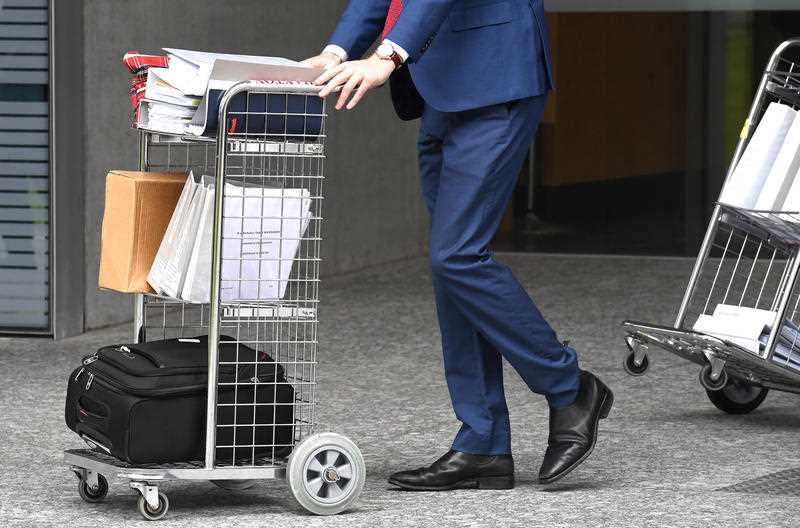Lawyers out bush should receive reductions in their university debts to ensure regional and remote communities do not miss out on access to legal advice, the nation’s peak law body says.
The Law Council of Australia is warning of a shortage of legal practitioners outside of Australia’s major capital cities and calling on the federal government to incentivise living in regional areas through Higher Education Loan Program debt reduction and indexation relief.
The initiative would be similar to the scheme offered to doctors, nurses and teachers who live and work in the bush.
The further away a person is from a capital city, the greater the relief offered.
Law council president Greg McIntyre SC said a lack of lawyers in communities meant people did not have the same access to legal advice or representation.
He pointed to a situation arising where two young people faced prosecution together, but there was only one lawyer, which meant one person would be left without legal representation.
Mr McIntyre said there were particular groups of people identified as disadvantaged by the law council, with a higher percentage of them found in rural and regional areas.
He said the council hoped the proposal would be accepted and could be worked towards as quickly as possible.
“It’s very expensive generally to live in rural areas … that’s why we’re suggesting the government should be looking at this higher education loan program to try and balance that,” Mr McIntyre said.
Co-chair of the Regional, Rural and Remote Lawyers Committee Mark Fenlon said it was a common misconception that lawyers were generally very wealthy and could comfortably pay off high debts incurred during their studies.
Law students graduating with an average debt of $70,000 faced high living costs in regional areas without the higher salaries more likely to be offered in capital cities.
“These are small businesses operating in small areas to their clientele,” he said.
Mr Fenlon said 78 per cent of the work done in legal aid as of 2022 was provided by private practitioners who were underfunded.
He said some people who moved to regional areas would stay and set down roots, providing an additional benefit to the community.
“If you start relying on FIFO workers, then you’re getting a different lawyer every time so you don’t get the same quality of legal assistance,” Mr Fenlon said.
A group from the law council met with several parliamentarians in Canberra in February to push the plan.
A spokesman for Education Minister Jason Clare said the government remained committed to getting more people into university, particularly students from outside the major cities.
“When government passed legislation in late 2022 to reduce HELP debt for doctors and nurse practitioners who work in regional and remote areas, the parliament decided to review the effectiveness of this by July 2025 and consider whether it should be expanded to other professions,” he said.
Shadow Attorney-General Michaelia Cash said people in rural and regional areas were as deserving of legal representation as their metro counterparts.
“The coalition will carefully consider policies to improve the delivery of legal services in the bush and will evaluate each option on its merits,” she said.
By Tess Ikonomou in Canberra


